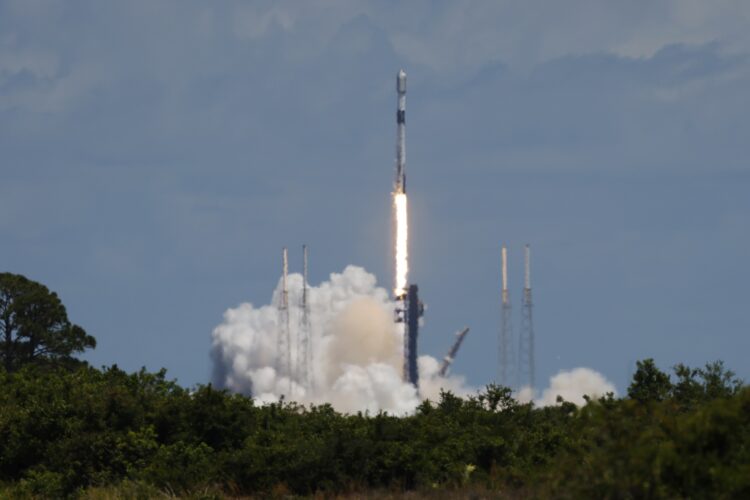On Wednesday, SpaceX launched an array of spy satellites that are being used by the US National Reconnaissance Office to enhance its space surveillance capabilities. This is the first of several similar deployments planned for this year.
As was previously disclosed by Reuters, the National Reconnaissance Office (NRO) is contracting Elon Musk’s SpaceX to build hundreds of satellites for its orbital targeting system that could discover the location of objects throughout the world. Defense contractor Northrop Grumman is involved in the initiative.
At 4:00 a.m. Wednesday, the Falcon 9 rocket took off from the Vandenberg Space Force Base in southern California. The NRO said it was the “first launch of the NRO’s proliferated systems featuring responsive collection and rapid data delivery.”
“Approximately half a dozen launches supporting NRO’s proliferated architecture are planned for 2024, with additional launches expected through 2028,” it added.
Learn the benefits of becoming a Valuetainment Member and subscribe today!
Satellites are an increasingly popular way for nations to gather data about earth and carry out targeting operations as well as threat detection on both land and in the area. Musk’s role in this transition, and not only with the United States, is palpable.
In October, Valuetainment reported that SpaceX agreed to a deal with the European Space Agency (ESA) to launch four of its “Galileo” satellites in 2024. The launch of two of the satellites occurred in April, taking off from its Kennedy Space Center in Florida. The Galileo satellite program is used by Europe’s satellite-navigation program, which is their alternative to using either American Global Positioning System (GPS) or China’s systems. Its encrypted navigation message services are used by Europe’s militaries and security forces.
On May 19th, Elon Musk traveled to Indonesia’s island of Bali to oversee the launch of the Starlink satellite internet service for the nation.
“This can make it really a lifesaver for remote medical clinics, and I think it could be a possibility for education as well,” Musk said to the press. “If you can access the internet and then you can learn anything and you can also sell your business services worldwide. So, I think it’s going to be incredibly beneficial.”
 Shane Devine is a writer covering politics and business for VT and a regular guest on The Unusual Suspects. Follow Shane’s work here.
Shane Devine is a writer covering politics and business for VT and a regular guest on The Unusual Suspects. Follow Shane’s work here.


















Add comment